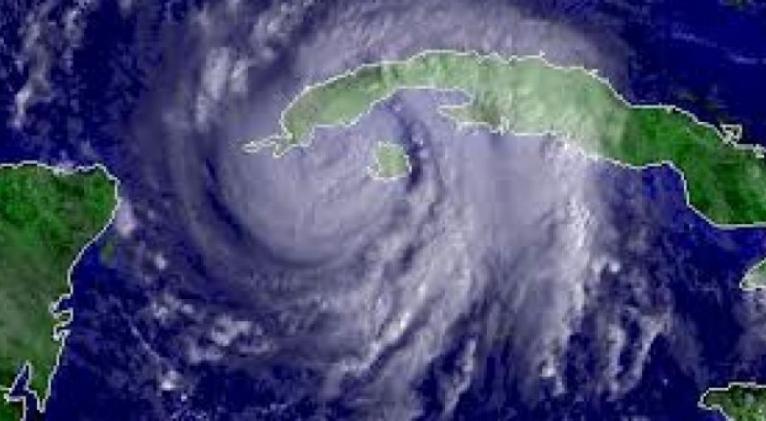Cuba and its Experience in Disaster Awareness
especiales

The UN General Assembly created International Day for Disaster Reduction in 1989 and it was accompanied by a declaration the following decade (1990-1999) aimed at promoting it worldwide.
Every second Wednesday of October served to educate the population on the issue that includes preventive actions, mitigation and preparation.
It was in 2009 when the UN General Assembly established October 13th as the date to begin a joint effort aimed at advancing in achieving for communities and countries to cooperate in the reduction of disasters.
The world body reports that natural disasters that currently affect the different geographic regions are occurring more frequently and intense due to human activity and the occasional damages to the environment.
However, the effects of the potential catastrophe inflicted by flooding, tornadoes, flooding, tropical hurricanes, intense droughts and earthquakes are mostly unavoidable.
Before its force, in most cases devastating, it's best to carry out prevention measures to reduce the loss of human lives and economic materials.
Despite its scarce and difficult economic situation, Cuba has shown its successful experience in the field which has led to international recognition. Such the case of the International Congress on Disasters held in Havana.
The event calls out for officials, specialists, researchers and professionals in the world with the objective of creating an exchange of knowledge update the tools to face such events and create through these conventions international cooperation in the field.
Issues like medical cooperation, health disasters and the reorganization of the services in emergency situations in addition to mental health, gender equality in dangerous moments and family in in facing hurricanes are among the most important in the scientific debates.
Representatives of the United Nations in the Caribbean have highlighted the Cuban experience in the risk management and role of the Civil Defense, work which can be taken to other countries to help strengthen their own strategies according to the envoys of the world body.
In the early years of the Revolution, the Civil Defense System in the country dedicated its efforts in preparing the population for a possible military aggression. Later, the damages of Hurricane Florain 1963 demanded a priority from the State in case of any future natural disasters.
The continued development of the work led to the creation of the People´s Army of the Actions in Case of Disasters in 1986 which has been a unique experience for Cuba and among the main activities carried out by the Civil Defense each year.
In the beginning the actions were concentrated in one day prior to the start of the hurricane season. Later it was extended to a weekend with broader objectives including exercises with the participation of the community and specialized forces.
The objective is to get the participation of people, entities and state institutions aimed at minimizing the negative impacts and protection of the population and natural and economic resources before any exceptional situation.
Another of the advances is related to the study on the danger, vulnerability and risk of particular phenomenon which favor the development of measures to avoid any negative affects to the population and assure efficiency in the use of available resources.
Improving the capacities and collective education on the reduction of disasters is thanks to the Cuban government´s political will, conscience of the urgent need to pay close attention in countering the destructive power of these types of contingencies.













Add new comment